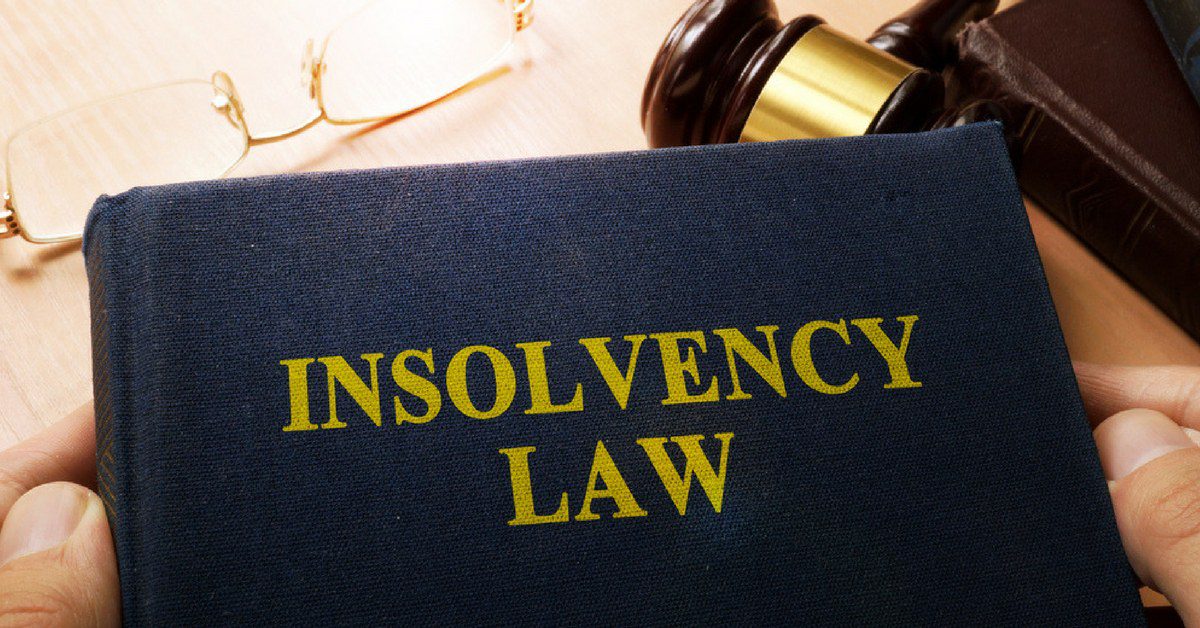Abhinav Kanchan works with a reputed developer from Bangalore. Consequently, he understands the importance of buying a home from a credible developer. Therefore, seven years ago, he booked a flat in Noida in Jaypee Group’s integrated township, Wish Town. Back then, the Jaypee Group was one of the market leaders. On the insistence of the builder, he even made an upfront 90 per cent payment and is paying a hefty EMI to the bank every month, since then. The news of the insolvency and bankruptcy of Jaypee Group, has now shattered his plans of settling in Delhi-NCR with his family, after retirement.
Dr DN Rao also bought an apartment with an upfront payment of 90 per cent, at Garden Isles in Jaypee Wish Town. Now, his post-retirement corpus is stuck, owing to the builder’s fiscal mismanagement. Rao and Kanchan are among 30,000 home buyers, who are now wondering how they can recover their hard earned money.
History of the Jaypee Group’s crisis
The Allahabad bench of the National Company Law Tribunal (NCLT), on August 9, 2017, admitted a petition by IDBI Bank, to initiate insolvency proceedings against Jaypee Infratech and approved the appointment of an interim resolution professional. The resolution professional will have 180 days (plus 90 days) to turn the company’s finances around and to find a solution to the company’s debt. If this is not possible, the company’s assets will be liquidated. The company, which has interests in the road and real estate sectors, had a consolidated debt of Rs 7,922 crores, as on March 31, 2017.
Should home buyers stop paying the EMIs?
Home buyers, in desperation, are thinking of stopping the payment of equated monthly installments for these projects, to banks. However, stopping the EMI is not a solution, as it may impact their credit rating.
Many home buyers, especially those at the beginning of their careers are also stuck, as they can neither get a new housing loan nor another study loan. Stoppage of EMIs affects the banks as well, as their NPAs will increase. The only positive, is that any future interpretation by courts, is likely to take into account the payments made by the home buyers. Hence, during this interim period, buyers should remain legally compliant.
See also: Government considers Jaypee assets sale, to complete stuck housing projects
Provisions for home buyers under the Bankruptcy Code
As per the norms defined under the Insolvency and Bankruptcy Code, 2016, the amount will first be given to the secured creditors, such as banks and the remaining amount will be distributed among the unsecured creditors, who are the home buyers. Home buyers are demanding that the NCLT consider them as stakeholders in the insolvency proceedings, as they have financed Jaypee Infratech for the construction of these projects. However, the legal position is that the home buyers, are not financial creditors at par with banks.
The case has been admitted under the Insolvency and Bankruptcy Code and an interim resolution professional (IRP) has been appointed. Home buyers have been given time till August 24, 2017, to raise claims related to their investments in Jaypee’s projects. However, the whole process of refund is complex. Under the Code, the IRP appointed by the NCLT will have to address the financial issues during the stipulated period and if he fails to make the company financially viable again, the NCLT will have to liquidate the assets of the company, to recover the money owed. All the aggrieved parties will be heard by the insolvency professional and the NCLT shall decide, whether the aggrieved home buyers can be treated as financial creditors.
Legal remedies for Jaypee Group’s home buyers
Suvidutt Sundaram, advocate-on-record at the Supreme Court of India, points out that any order can be challenged by the home buyers. He suggests that they must explore other options, before approaching the Supreme Court. The aggrieved home buyers should immediately join the NCLT proceedings and register their claim but they must never stop paying the EMIs. “No litigation can be initiated right now against the debtor, during the 180-day period; that is what the Insolvency and Bankruptcy Code clarifies. If they are not satisfied with the final order of the NCLT, they can file an appeal before the National Company Law Appellate Tribunal (NCLAT). There is no role of the high court in this matter and the buyer, if still not satisfied, can approach the Supreme Court,” Sundaram explains.
Advocate Aditya Pratap of the Bombay High Court, laments that the UP Apartment Owners’ Act of 2010 leaves many loopholes for builders. According to him, as per the Companies Act, home buyers are also creditors as they can also file a winding up petition, if the company is unable to pay the debt. “Home buyers are technically creditors to the company. The definition of creditors under the Companies Act is a very open-ended definition. However, with the Insolvency and Bankruptcy Act, there are many kind of creditors, including the secured creditors, unsecured creditors and decree holders. Now, this decree holder is very important, as it refers to any home buyer who gets a decree from any court of law. So, if you get a decree from a court or the real estate regulatory authority, then, the decree can be executed through the interim professional appointed by the Insolvency and Bankruptcy Act,” says Pratap.
Dos and don’ts for aggrieved home buyers
- Never stop paying the EMIs.
- Join the NCLT proceedings, to register your claim.
- No litigation is possible, during the NCLT’s proceedings of 180 days.
- Explore possible remedies under the Real Estate (Regulation and Development) Act.
- If not satisfied with the NCLT judgment, appeal to the higher tribunal of the NCLAT.
- If not satisfied with NCLAT, then, approach the Supreme Court as a final recourse.
(The writer is CEO, Track2Realty)

Ravi Sinha is a journalist with nearly two decades of cross-discipline media exposure. He is the CEO of real estate think-tank group Track2Realty. He has been writing extensively on the real estate sector for nearly a decade. Evaluation of real estate brand performance is his expertise and he has immense insight into consumers’ psychograph in the property market.
Twitter: https://twitter.com/ravitrack2media











